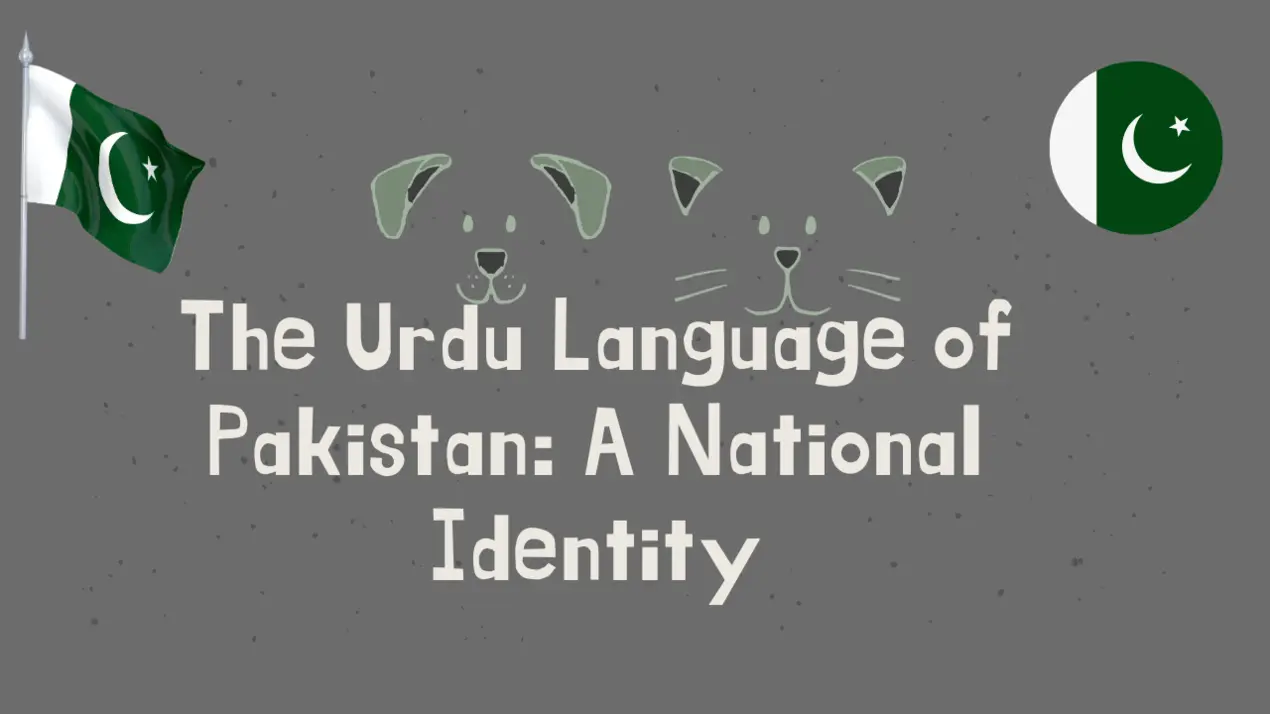Introduction
The article delves into the status of Urdu as the official language of Pakistan, exploring its journey to recognition and the challenges it faces. Also we will discuss how The Urdu Language of Pakistan became the national/official language.
Official Language Status
Under Article 251 of the Pakistani Constitution, Urdu is designated as the official language, with provisions for its gradual adoption within fifteen years from the commencement of the constitution. However, English continues to be used for official purposes until Urdu fully replaces it.
Supreme Court Directive
In 2015, the Supreme Court directed the Pakistani government to expedite the adoption of Urdu as the official language. Despite this directive, English remains prevalent in the court system due to the practice of English law.
National Language Debate
A contentious debate exists regarding Urdu’s status as the national language. The Pakistan Language Movement argues against Urdu, citing language as a crucial element of culture and identity. The imposition of Urdu as the sole national language has faced criticism, particularly in the context of East Pakistan’s separation in 1971.
Urdu’s Role in Pakistan
Urdu serves as a symbol of unity in Pakistan, chosen for its historical significance among Muslims in British India. It is widely spoken and understood across the country, with millions of Pakistanis learning it as a second language.
Quaid-e-Azam’s Perspective
Quaid-e-Azam, the founder of Pakistan, emphasized Urdu as the state language during a public address in Dhaka in 1948. He believed that a unified state language was essential for national cohesion and function.
Literary Significance of Urdu
Urdu’s literary heritage further underscores its importance in Pakistani culture. The language has a rich tradition of poetry, prose, and drama, with renowned poets like Allama Iqbal and Faiz Ahmed Faiz contributing to its literary wealth.
Education and Language Policy
Urdu’s role in education is significant, with it being taught as a compulsory subject up to higher secondary school level in both English and Urdu medium school systems. This bilingual approach has led to the assimilation of Urdu vocabulary by speakers of regional languages and vice versa, enriching the linguistic landscape of Pakistan.
Challenges and Opportunities
Despite its cultural significance, Urdu faces challenges in modern times, particularly with the increasing influence of English and regional languages. However, efforts to promote Urdu through education, media, and cultural initiatives present opportunities for its preservation and growth.
Conclusion
Urdu, as the official language of Pakistan, embodies the nation’s cultural identity and historical legacy. While debates and challenges persist regarding its use and adoption, Urdu remains integral to Pakistan’s collective consciousness. Efforts to uphold and promote Urdu contribute to the preservation of Pakistan’s linguistic heritage and national unity.
